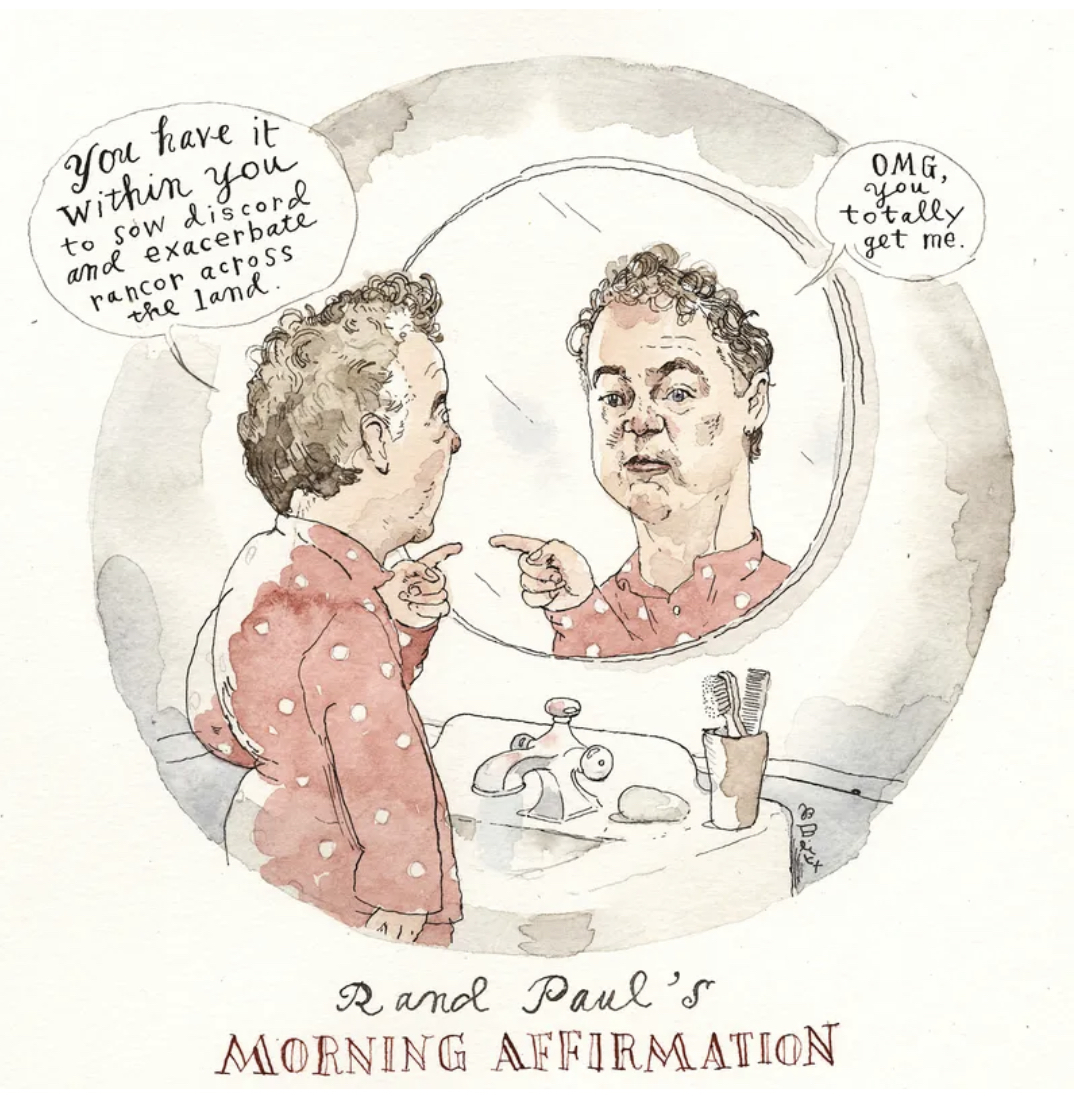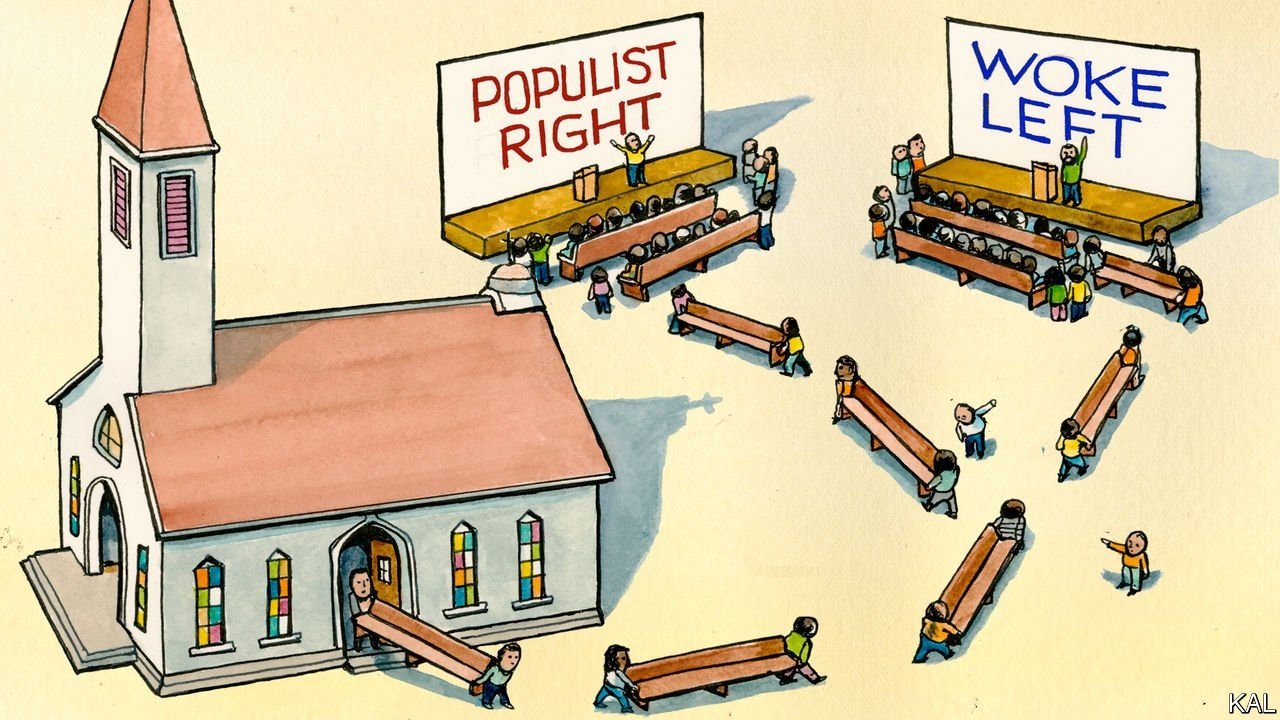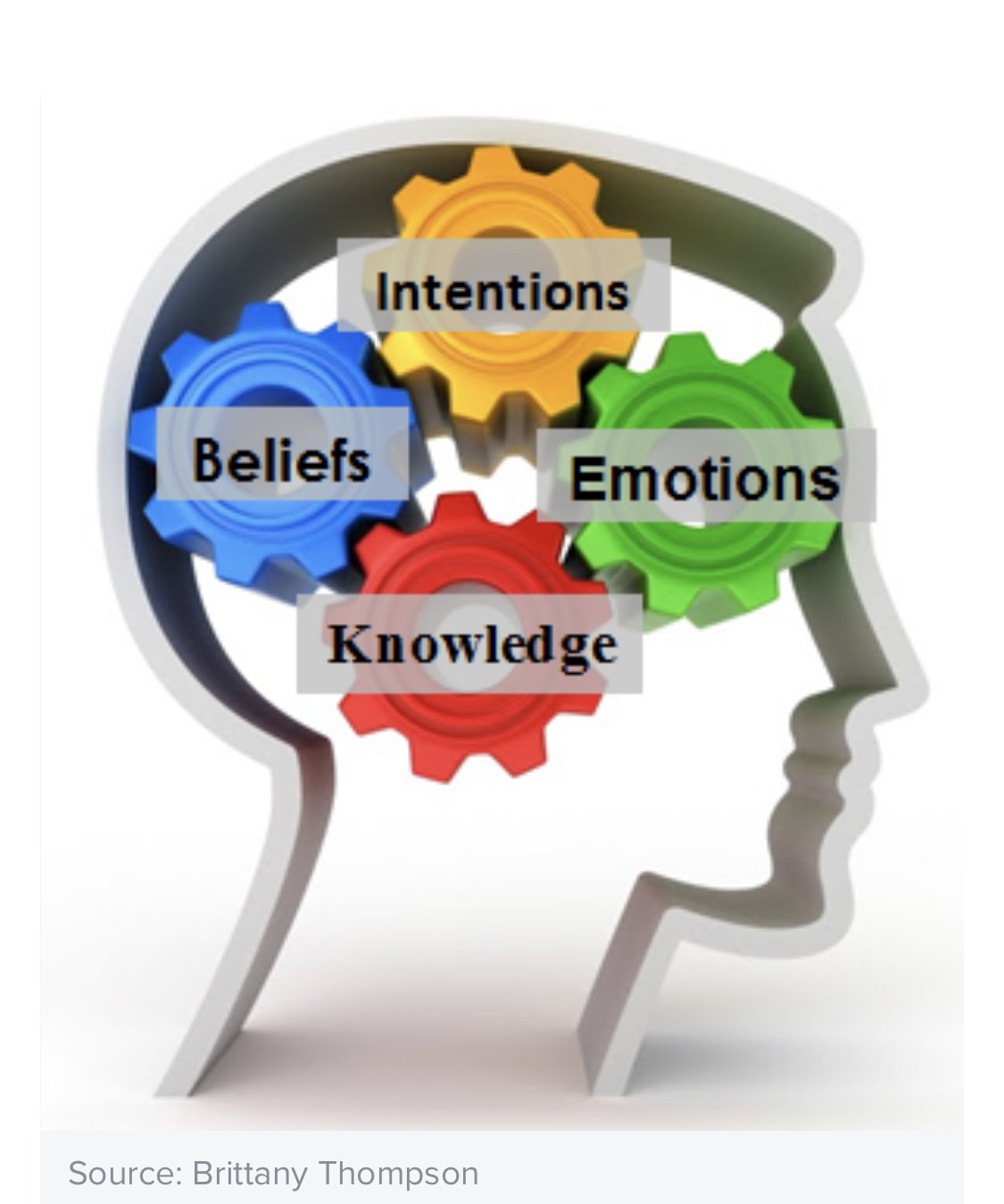
In the Bible God told us how to represent Him. And how we demonstrate who He is to a watching world. Yet, the deaths and devastation caused by the pandemic has not softened the hearts of some. The cultural clashes across the country have not softened the hearts of others. The stain on the Church for its divisive actions has not softened hearts.
We know only God can change a heart so let me ask you – Why is it that some hearts have been changed and others remain hardened? The theologian Charles Spurgeon said, “the same sun that melts the wax, hardens the clay.”
We don’t get a pass that lets us abdicate our responsibility for a changed heart. God gives us free will to respond or not. Let’s not be a prisoner of the political drama in the Statehouses and the Capital. We should refuse to let these events limit the importance of Biblical relationships.
It’s important to understand that the nature of Biblical relationships is not arbitrary. God has designed them to work in a certain way, and humans only flourish when we experience relationships the way God intended.
Our friends and associates can have a profound influence on us, often in very subtle ways. If we insist on friendships with those who mock what God considers important, we might sin by becoming indifferent to God’s will. This attitude is the same as ridiculing God.
Happy are those who don’t listen to the wicked,
who don’t go where sinners go,
who don’t do what evil people do.
They love the LORD’s teachings,
and they think about those teachings day and night.
They are strong, like a tree planted by a river.
The tree produces fruit in season,
and its leaves don’t die.
Everything they do will succeed.
But wicked people are not like that.
They are like chaff that the wind blows away.
So the wicked will not escape God’s punishment.
Sinners will not worship with God’s people.
This is because the LORD takes care of his people,
but the wicked will be destroyed. Psalms 1:1-6
Psalms extolls the joys of obeying God and refusing to listen to those who discredit or ridicule Him. We must have contact with unbelievers if we are to witness to them, but we must not join in or imitate their sinful behavior. Neither are we to join in or imitate believers who exhibit sinful behavior. The more we allow those who ridicule God to affect our thoughts and attitudes, the more we separate ourselves from our source of nourishment. God is ridiculed through patterns of behavior that are contrary to God’s Word.
When Scripture says, “In all they do, they prosper,” it does not mean immunity to failure or difficulties. Nor is it a guarantee of health, wealth, and happiness. What the Bible means by prosperity is this: When we apply God’s wisdom, the fruit (results or by-products) we bear will be good and receive God’s approval. Just as a tree soaks up water and bears luscious fruit, we also are to soak up God’s Word, producing actions and attitudes that honor God. To achieve anything worthwhile, we must have God’s Word in our hearts.
“Chaff” is the outer shell (or husk) that must be removed to get at the valuable kernels of grain inside. After the plants were cut, they were crushed, and then the pieces were thrown into the air. Chaff is very light and is carried away by even the slightest wind, while the good grain falls back to the earth. Chaff is a symbol of a faithless life that drifts along without direction or giving in to the self-interest that is not of God. Good grain is a symbol of a faithful life that God can use. Unlike grain, however, we can choose the path we will take.
We are driven by what our hearts love most. Hence, the way to a person’s heart is to capture their imaginations (minds), move their emotions (affections), and challenge their actions (wills). While we can play a role in shaping people’s hearts, ultimately, such transformation requires the miraculous work of a sovereign God. And the acceptance by that person.
Sadly, sometimes churches or denominations distinguish too sharply between these features, pitting them against one another in problematic ways. For example, one church values the mind, while another highlights the power of emotions, one community concentrates on stimulating the will to action, another emphasizes emotional self-control. One denomination emphasizes material prosperity, while the other acts as though only souls matter. But we should never pretend that only one aspect of the human person is important. On the contrary, the Bible assumes that all aspects of the human being are essential and deeply integrated, and so should we.
The heart is at the center of personhood and drives behaviors. Your heart drives your response to others and is at the center of God’s commandment:
“You shall love the LORD your God with all your heart,
and with all your soul, and with all your might.
Keep these words that I am commanding you today in your heart” Deuteronomy 6:5-6 (NRSV)
Do you create a narrative about people that belittles them so that you don’t feel obligated to help them? Do you create a story in which your possessions indicate your moral superiority when, in fact, both their story and yours are far more complicated?
What will be key to both is love. And central to this love is discovering the biblical truth that God first loved us, well before we loved Him or deserved His love.
Jesus taught that loving God with all of ourselves is the first and greatest commandment (Mt 22:37-39). This command, combined with the command to love your neighbor (Lev 19:18), encompasses all the other Old Testament laws.
Intimacy in Christ is the relational design to reveal the fullness of His heart in you. Happiness, comfort, prosperity, freewill individualism – these counterfeit forms of intimacy are confusing us to the truth of God’s design. We are called to drop our nets, die daily, take up our cross, crucify our fleshly desires and imitate Jesus’ love.
Is this a place where God is knocking on the door of some closed place in your heart?
Would your connections benefit from this post?









